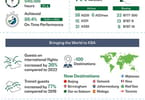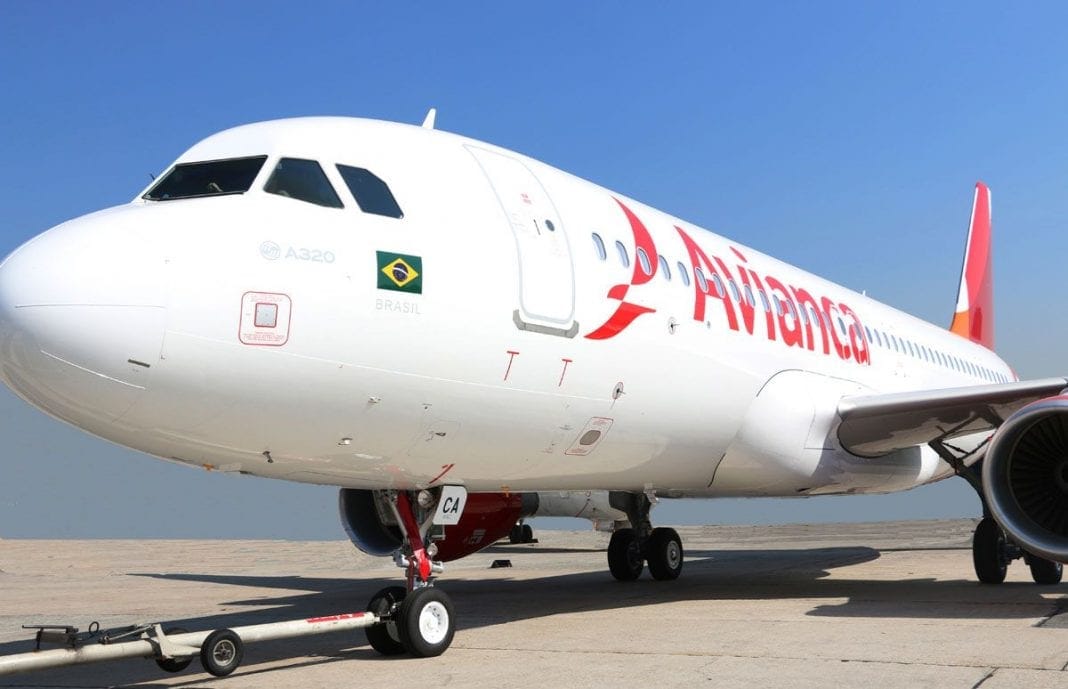As the world’s financial and economic institutions continue sinking deeper and deeper into doldrums, families in the West are beginning to face making “cutbacks” in their lives. Will the crunching credit bite in Western economies empty Asia’s holiday destinations?
If the latest survey by MINTEL on British Lifestyles is to be believed, the average UK family is now “really” starting to feel the pinch. Three in every five surveyed (20 percent) have recently canceled spending plans – with family holidays “to go first”.
“We are likely to see even more people having to make more sacrifices in the future,” said Peter Ayton, chief statistician at MINTEL. “Things are not as easy financially as they once were.”
In another study by MINTEL, commissioned by RCI in 2007, an average Briton goes on two holidays a year, each lasting one week and spending an average of 665 pounds on accommodation. “But the ongoing credit crunch,” according to the study, “a cooling property market, and inflation have resulted in the majority of people viewing holidays as a luxury.” Only 17 per cent see going on holidays necessary.
Simon Calder, a respected industry writer and commentator, said: “We all want a holiday to look forward to. The survey suggests that British travelers are cutting back on the number of short breaks they take. Cheap flights have made us promiscuous when it comes to going abroad.”
However, a beneficiary of the recent domino collapse of British tour operators and the “independent” holidaymakers who buy “parts” of their holiday, thanks to internet bookings and no-frills airlines, could be operators of “package trips” which accounted for 53 percent of the 46 million who traveled overseas.
According to TUI, owner of the world’s biggest tour operators, Thomson and First Choice, more than 24 million people took a package in the 12 months to June, compared to 22 million in the previous year. “We expect an increase following the collapse of Britain’s XL Leisure Group.”
Manny Fontenia-Novoa, CEO of Thomas Cook, said: ” The recent collapse of several major travel companies underscores the benefits of booking a package holiday through a bonded tour operator, with all the extra financial protection. They want security when traveling abroad.”
During the chaotic weeks following the collapse of XL Leisure Group, those who had booked “packaged” holidays were flown home at no extra charge, but others had to pay again to fly back to Britain. The failure of a tour operator the size of Thomas Cook or TUI would result in a pay-out of about 500 million pounds in low season, and twice that if it happened in summer.
According to tour operator Hoseasons, the economic downturn is the biggest opportunity to sell Britain, prompting more British to holiday “at home.”
“Bookings for UK breaks are up,” said chief executive, Richard Carrick. “We are seeing more people taking short breaks close to home, which is good news for UK tourism. Consumer behavior is changing.”
Don Birch, CEO of Abacus International, an Asian Pacific travel facilitator which deals with 15,000 industry wide agencies, however, predicts “continued industry growth” even if the US economy “tilts towards negative territory.”
Abacus predicts passenger numbers to increase between 5-6 percent in 2008.
“People around the world still have money and seem set on traveling in the coming year despite the belt-tightening that will be going on globally. Asia’s travel market is holding steady.
“There will be volatility in the coming year, but the region’s travel and tourism industries will remain mature and robust.”
Vietnam’s travel and tourism industry is expected to grow annually by 7.8 percent between 2008-2017, according to the World Travel & Tourism Council (WTTC).
Birch also believes Asia could be spared from the worst of any economic fallout from the US, in part due to the growth engines of China and India. “They are currently powering the region’s growth, while Vietnam is the next big market to watch.”
WHAT TO TAKE AWAY FROM THIS ARTICLE:
- The failure of a tour operator the size of Thomas Cook or TUI would result in a pay-out of about 500 million pounds in low season, and twice that if it happened in summer.
- According to TUI, owner of the world’s biggest tour operators, Thomson and First Choice, more than 24 million people took a package in the 12 months to June, compared to 22 million in the previous year.
- In another study by MINTEL, commissioned by RCI in 2007, an average Briton goes on two holidays a year, each lasting one week and spending an average of 665 pounds on accommodation.






















